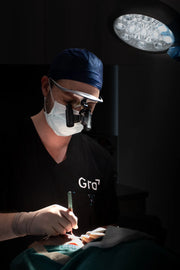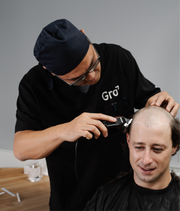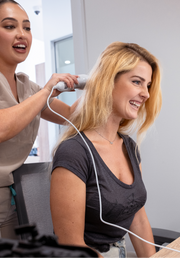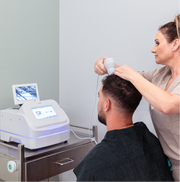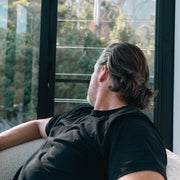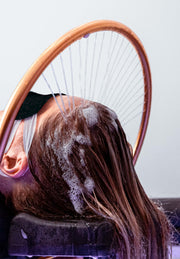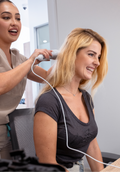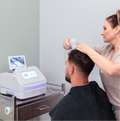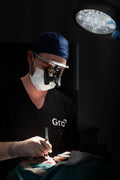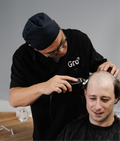Many Australians explore options beyond traditional prescription medications when addressing hair thinning or pattern hair loss. While some treatments may be clinically prescribed by a healthcare professional, others are non-prescription or holistic in nature. This guide explores a range of alternatives — including natural remedies, medical procedures, and lifestyle adjustments — that may support hair health.
What Are Topical and Oral Hair Loss Treatments?
Topical and oral therapies are sometimes prescribed to manage common forms of hair thinning. These medications may work by increasing blood flow to the scalp or blocking hormones linked to hair loss. However, they are not suitable for everyone, and results can vary based on the individual.
It's important to speak with a qualified healthcare provider to determine whether any of these options are appropriate for your needs. Learn more about prescription hair care options.
Why People Explore Alternatives
Some individuals experience side effects, limited results, or prefer to avoid long-term medication use. Common reasons for seeking alternatives include:
- Sensitivity or irritation with topical applications
- Concerns around systemic medications
- Interest in more natural or holistic options
- Desire for more permanent or aesthetic-based solutions
Non-Prescription Alternatives for Hair Loss
While not all options below are supported by strong clinical evidence, they are frequently discussed in the context of scalp health and hair care. Effectiveness may vary.
Scalp and Hair Health Practices
- Scalp massage: May increase circulation to the scalp
- Low-toxicity hair care: Avoid harsh sulphates, parabens, or alcohol-based styling products
- Avoiding tight hairstyles that place stress on follicles
- Maintaining regular cleansing and exfoliation of the scalp
Nutrition and Lifestyle
- Balanced diet with protein, iron, zinc, vitamin D, and biotin
- Staying well-hydrated
- Reducing stress through mindfulness or physical activity
- Getting sufficient sleep and avoiding smoking
Natural and Botanical Products
While more evidence is needed, some ingredients are commonly used in cosmetic or supportive formulations:
- Rosemary oil: May support circulation to the scalp when massaged regularly
- Pumpkin seed extract: Contains phytosterols that may influence hormone activity
- Green tea extract: Rich in antioxidants that may help protect follicles
- Caffeine-based serums: Claimed to stimulate roots with topical application
*Always patch test and consult a health professional before beginning new topicals.
Clinic-Based Medical Treatments
Several non-surgical medical options are available through Gro Clinics to support hair density and scalp health:
- Platelet-Rich Fibrin (PRF): Uses your body’s platelets to stimulate targeted areas
- Growth Factor Therapy: A three-step process using your blood to promote follicle activity
- Low-Level Light Therapy: Uses red light wavelengths to support scalp tissue and cell metabolism
- Scalp Micropigmentation: A non-invasive cosmetic solution that replicates the look of follicles
Hair Transplant Procedures
For those seeking a permanent approach, a hair transplant procedure may be recommended. This involves transplanting healthy follicles from one area of the scalp to areas affected by hair loss.
At Gro Clinics, all procedures are doctor-led and include post-treatment planning, which may involve supportive care such as prescription hair care or low-level therapies.
When to Seek Professional Advice
If you are noticing sudden hair shedding, a receding hairline, or thinning at the crown or part line, early intervention can help. A consultation with a trained clinician can identify whether you’re a suitable candidate for various treatments, or whether further assessment is needed.
Book a consultation with Gro Clinics to explore your personalised options.
Disclaimer
Any reference to therapeutic treatments is general in nature. All treatments carry risks and results vary. A full consultation with a qualified professional is required to determine suitability. Prescription medications are only available following an assessment by a registered practitioner.

